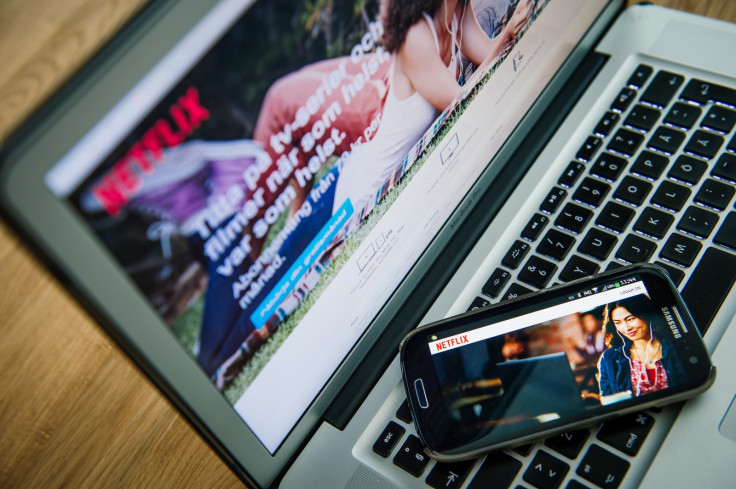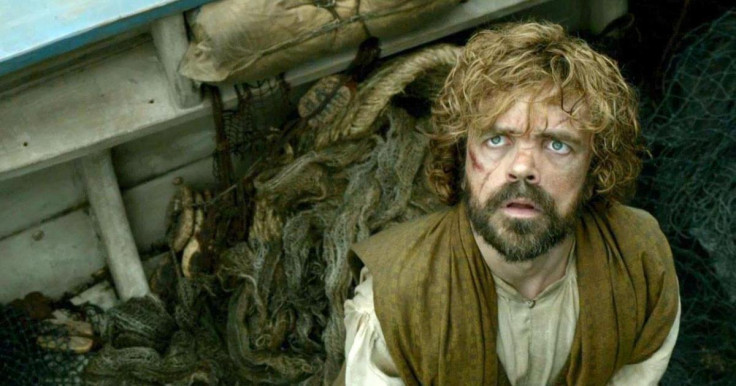Netflix dominates downstream internet traffic, proving not everyone is torrenting pirated content

Latest research shows that the most amount of data being downloaded on the internet in North America comes from Netflix and YouTube, not from users downloading and sharing pirated content on BitTorrent.
New data from Canadian broadband management company Sandvine shows that 37% of all downstream internet traffic – packets of data being downloaded from the internet – comes from Netflix, followed by YouTube with a 17.85% share, Amazon Video with 3.11% of the traffic, iTunes with 2.79%, and then finally BitTorrent, with only 2.67% of the total downstream traffic.
BitTorrent is a peer-to-peer (P2P) file-sharing network that enables users to share and distribute large files over the internet using a process known as "torrenting", whereby files are distributed in segments called pieces to users, who are known as "peers". Once a user receives every single piece of the file, they can continue to share their copy with other users known as "seeders".
Online piracy of movies, TV shows, music, games and software is made possible due to internet users illegally sharing copies of these files online for other people to download for free, and the movie industry is constantly trying to crack down on websites that list links to these pirated files, claiming that pirates cause the movie industry to lose money as it will make less people go to cinemas and buy DVDs.
Half of all internet traffic comes from Netflix and YouTube

However, the reality is that now half of all downstream internet traffic comes from people using Netflix and YouTube to legally stream the videos they want to watch, which seems to prove that there can't be as many people illegally downloading content as the copyright holders think.
On the other hand, when it comes to the most amount of data being uploaded to the internet, or rather, the total upstream internet traffic, BitTorrent remains top with 28.56% share of the traffic, as people are using the technology to share large amounts of data, whether the files are legal or not.
Netflix is second with a share of 6.78% of the traffic, with HTTP in third with 5.93% of the traffic, Google Cloud in fourth with 5.3% of the total traffic and YouTube in fifth place with 5.21% of the traffic.
According to TorrentFreak, the amount of internet traffic that can be attributed to BitTorrent has decreased consistently in recent years, while other data sources have grown, meaning that the concept of making video and music content available online either alongside ads or part of a video streaming subscription package is working to combat piracy.
Although Netflix is slowly rolling out in multiple territories, a lot of the best content remains exclusively on Netflix US due to content-licensing agreements, so internet users who want this content have to use virtual private networks (VPN) to hide their locations in order to cheat Netflix's geographic restrictions.
Give audiences a viable legal option and they won't pirate

In April, internet users angry over news that Netflix planned to block accounts that tried to cheat the geographic restrictions took to Reddit to vent their anger.
In particular, Reddit user KaelumForever summed up the battle between the copyright holders and audiences perfectly: "It's no wonder people pirate so much, there are tons of pirates out there that do it specifically because there is no easy way to get hold of it. If you want people to stop pirating your stuff, make it available and easily accessible.
"Put it on Netflix, or write plugins for Kodi or other media centres. Hell, be lazy and build an API and let others build the plugins for you. Trust me, they will build it for you. And most of all, don't wait for a year to make it available after the show ended.
"Most 'pirates' are willing to pay for content, but if you don't give people an option then it's your own damn fault your stuff gets pirated so much."
For the last two years, Game of Thrones has topped the charts for being the most shared and pirated video content, due to HBO's strict licensing policies that require viewers to pay for premium channels. If HBO were to relax these restrictions and make it possible to stream the series on Netflix or Amazon Video at the same time as the show aired on TV, it is likely that there would be a reduction in piracy of the programme.
While these statistics are only applicable to North America (namely the US and Canada), it is likely that this trend would be replicated to a certain degree in territories where services like Netflix, YouTube, Amazon Video and iTunes are readily available and easy to sign up for, such as parts of Europe and Australia.
© Copyright IBTimes 2025. All rights reserved.






















